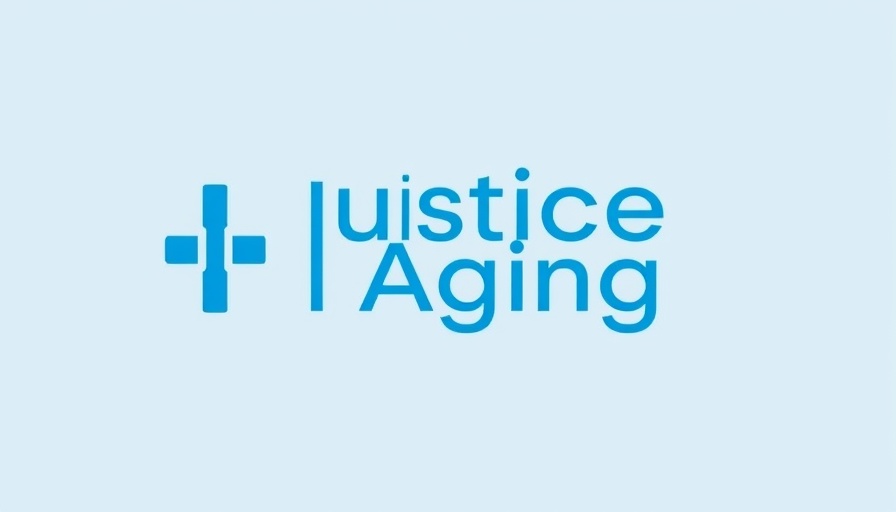
Understanding the Unique Challenges Facing LGBTQ+ Older Adults
As we approach 2025, it is imperative to spotlight the distinctive challenges facing LGBTQ+ older adults, especially as societal and governmental landscapes shift. This demographic is disproportionately affected by issues such as social isolation, economic insecurity, and discrimination, which can severely impact their overall well-being. Advocacy organizations like SAGE and Justice in Aging are at the forefront of addressing these issues, working tirelessly to ensure that the voices of LGBTQ+ seniors are heard and represented.
Historical Context: The Fight for LGBTQ+ Rights
The progression of LGBTQ+ rights has been fraught with hardship, often intersecting with issues such as poverty, healthcare access, and social acceptance. Historically, older LGBTQ+ adults have faced multiple layers of discrimination, not only on the basis of age but also due to their sexual orientation or gender identity. Understanding this history helps illuminate the current obstacles they face and emphasizes the importance of continued advocacy within the community.
The Importance of Social Connections
Social connections are vital for emotional and psychological well-being, particularly among older adults. For LGBTQ+ seniors, establishing and maintaining these connections can often be hindered by past experiences of discrimination and rejection. Initiatives by organizations like SAGE, which provide LGBTQ+ friendly senior centers and events, play a crucial role in fostering community among older adults. These safe spaces encourage integration and participation, alleviating feelings of isolation and loneliness that many may experience.
Economic Security: A Growing Concern
Economic insecurity remains a significant concern for many LGBTQ+ older adults. Due to a history of discrimination in the workplace and the lack of adequate retirement savings, this population is more likely to live on fixed incomes and face housing instability. The need for tailored financial plans and resources that address the unique realities faced by LGBTQ+ seniors cannot be overstated. Moreover, organizations are increasingly recognizing this need, offering services to mitigate these financial concerns.
Accessible Healthcare as a Fundamental Need
Access to affordable healthcare is another critical aspect affecting the quality of life for LGBTQ+ older adults. As many grapple with chronic health issues as they age, the lack of inclusive healthcare options continues to pose a challenge. Discrimination within healthcare settings can deter LGBTQ+ seniors from seeking necessary care, leading to poorer health outcomes. Advocacy for inclusive healthcare policies is essential to ensure that this population receives the care they merit and need.
Future Predictions: Shaping a More Inclusive Society
Looking toward 2025 and beyond, there is hope that growing awareness of LGBTQ+ issues will influence policy and social attitudes. However, amidst political fluctuations, vigilance from both community advocates and allies remains crucial. The progressive wave observed in legislation concerning LGBTQ+ rights signals a potential shift toward more inclusive policies, but this momentum must be maintained to improve the conditions for LGBTQ+ seniors.
Actionable Insights and Resources
For those who wish to contribute to the well-being of LGBTQ+ older adults, understanding available resources is imperative. Local organizations often provide vital services such as legal advocacy, financial counseling, and healthcare support specifically tailored for this community. Engaging with these organizations through volunteering or donating can significantly impact the lives of LGBTQ+ seniors.
Conclusion: Building a Supportive Environment
As we acknowledge the unique challenges facing LGBTQ+ older adults today, it is essential that we foster an inclusive and supportive environment. By advocating for their rights and addressing their specific needs, we take meaningful steps towards ensuring their dignity and well-being. This Pride Month encourages each of us to reflect on our roles in creating change, inviting everyone to be part of the solution for a more equitable future.
 Add Row
Add Row  Add
Add 




Write A Comment